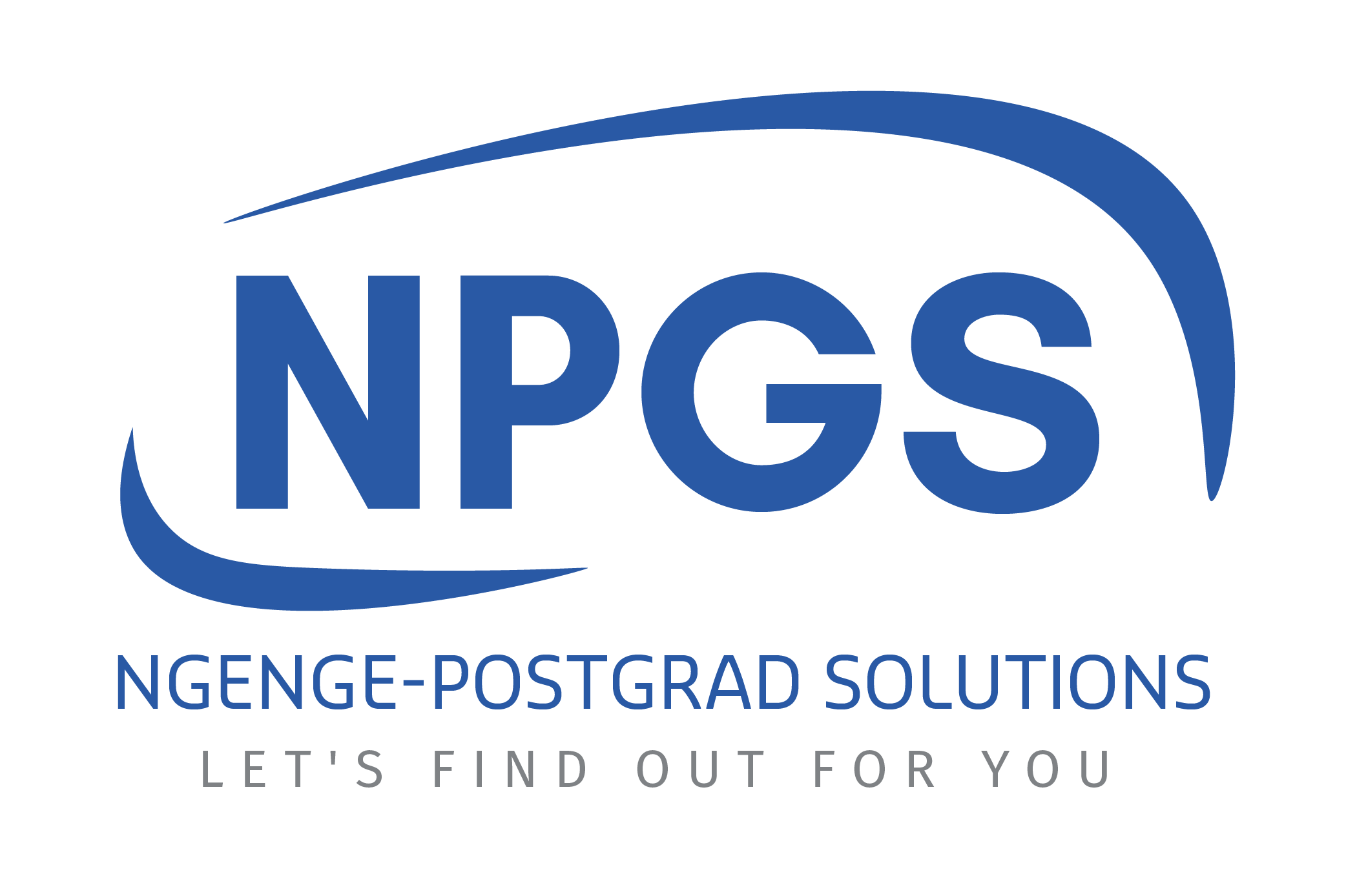NGENGE-POSTGRAD SOLUTIONS IS HERE TO HELP YOU: NPGS has an Application Help Service with a team of highly experienced professionals to help you find a position or prepare a CV or Cover Letter. Our professional experts can also apply for you from A to Z.
Application Deadline: March 01, 2023
Siemens Gamesa and the United Nations Sustainable Development Solutions Network launch the 2nd edition of the “Universities for Goal 13” competition.
Sponsored by Siemens Gamesa and in collaboration with the United Nations Sustainable Development
Solutions Network (SDSN), “Universities for Goal 13” is an annual competition for undergraduate and
graduate students of the SDSN global network of universities. It aims to mobilize university talent in a
team competition to create practical solutions for achieving environmental sustainability (SDG 13) from
multi-disciplinary perspectives.
While focusing on Goal 13, the competition requires that the projects align with all 17 Sustainable
Development Goals (SDGs), which are an urgent call for action by all countries – developed and
developing – in a global partnership. They recognize that ending poverty and other deprivations must go
hand-in-hand with strategies that improve health and education, reduce inequality, and spur economic
growth – all while tackling climate change and working to preserve our oceans and forests. (Source:
United Nations)
SDSN will host the Secretariat of the competition and each University will appoint a focal point that will
be in charge of liaising with SDSN and Siemens Gamesa during the process. All communication between
students and supervising professors will be done through the corresponding focal point.
About the competition and award:
The competition will begin in January and end in September 2023 during an awards ceremony which will take place in New York on the sidelines of the U.N. General Assembly. Throughout the project, students will be assisted by teaching staff and mentors from Siemens Gamesa. Projects will require a multidisciplinary approach which is essential for the transformation, considering technological, legal, economic, and social aspects of the transition toward a carbon free economy.
Benefits:
A. Only one team will be awarded.
B. The decision of the judges is final.
C. The prize money is USD 10,000 for the further development of the solution.
D. The winning solution will be announced during an award ceremony in New York (United States of
America) in September 2023 during the UN General Assembly week. Depending on the public health
situation, this event will be held in-person or online.
E. All finalist teams will be issued a Certificate of Participation.
Student Eligibility Requirements:
A. The UG13 Competition is open to all undergraduate and graduate students currently enrolled in the
universities that are participating in the contest. Previous participants in the contest are welcome to
participate again.
B. Those students who graduate during the competition process will still be eligible to participate.
Participants have to be a student at the time the proposal is submitted.
C. The teams must be composed of at least 3 students, preferably from different disciplines, as the
development of the solutions will require a multidisciplinary approach.
D. The competition structure is progressive based on the scores assigned by the judges. Teams and
team members that progress through each of these competition levels must remain consistent.
E. Those students who leave the team at some stage will only be allowed to rejoin the team if the other
members agree unanimously. All team members must comply with the Competition Code of
Conduct.
F. In addition to the student members, the students or the university’s focal point must identify a
professor or university staff who will serve as the team’s tutor.
Solutions Eligibility Requirements:
A. Solutions must have disruptive potential, be aligned with the SDGs and be technically feasible.
B. The proposals can be at any development stage, they can be an idea, a pilot project or an existing
project that needs further development. They do not necessarily have to be unpublished.
C. The potential outcomes of students’ work should include analyses of needs, potentials, barriers and
opportunities to utilize the capabilities of business and industry offerings. They should enhance
understanding of technical, legal, economical or sociological aspects of how the solutions can
support the development of the region. They can also design, analyze and suggest concrete
solutions for narrowing, slowing, and/or closing resource loops, minimizing energy demand and use,
regenerating resources and materials, and creating, supplying and using data.
Submission Requirements:
A. All entries must be submitted online. No project documents of any form will be considered after the
submission deadlines.
B. Estimated dates of submission can be found in the attached timeline.
C. Works must be in English or have English subtitles.
D. All projects must complete SDSN’s SDG Impact Assessment Tool and attach the resulting report
stating the impacted SDG-targets.
Judging Process:
A. Evaluation Criteria: Proposals are evaluated according to the following criteria: level of novelty
(innovation), feasibility, disruptive potential, alignment with the SDGs and quality of the presentation.
B. Judging: A panel of SDSN and Siemens Gamesa staff and/or industry professionals with expertise in
the field will judge each entry. Short-form entries (less than 15 minutes) will be viewed in their
entirety. Judges will not be assigned to review an entry where there is an obvious conflict of interest
or in cases where the judge is institutionally affiliated with an entrant.




